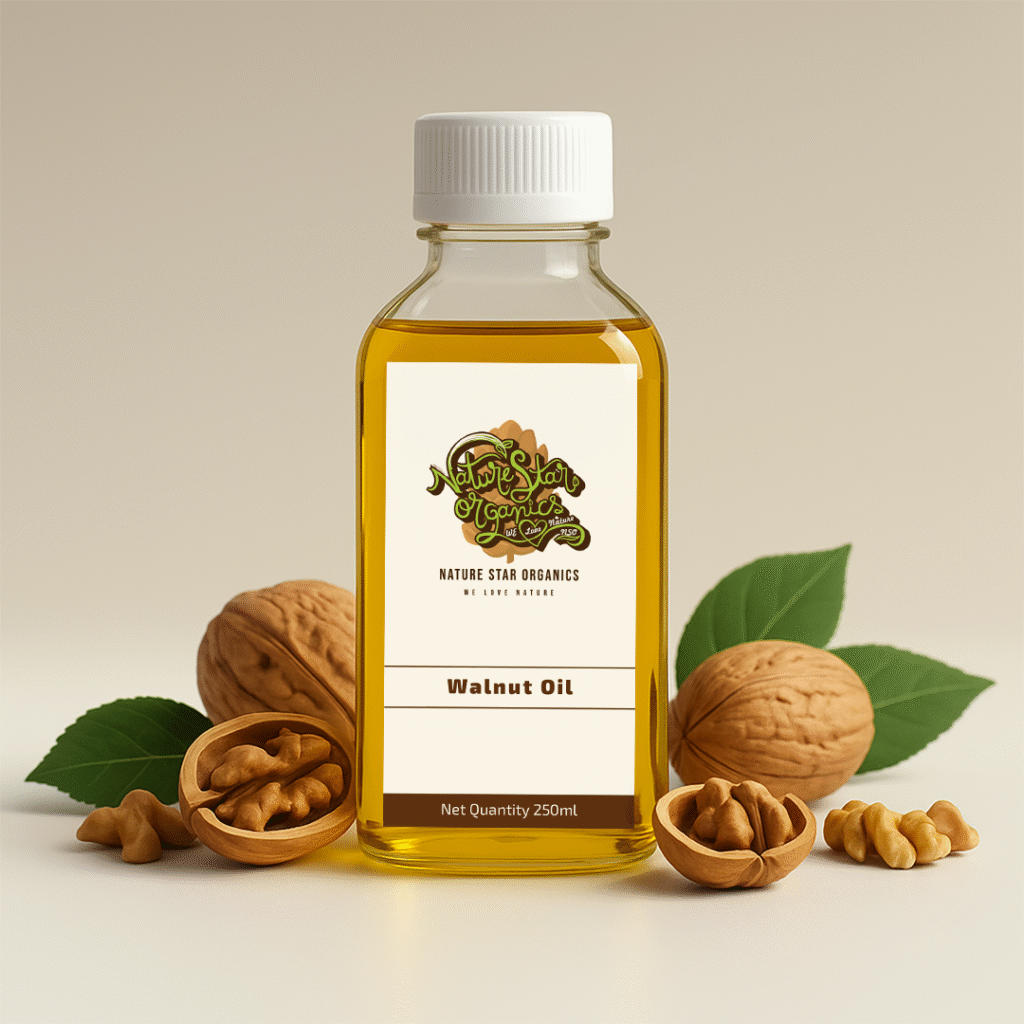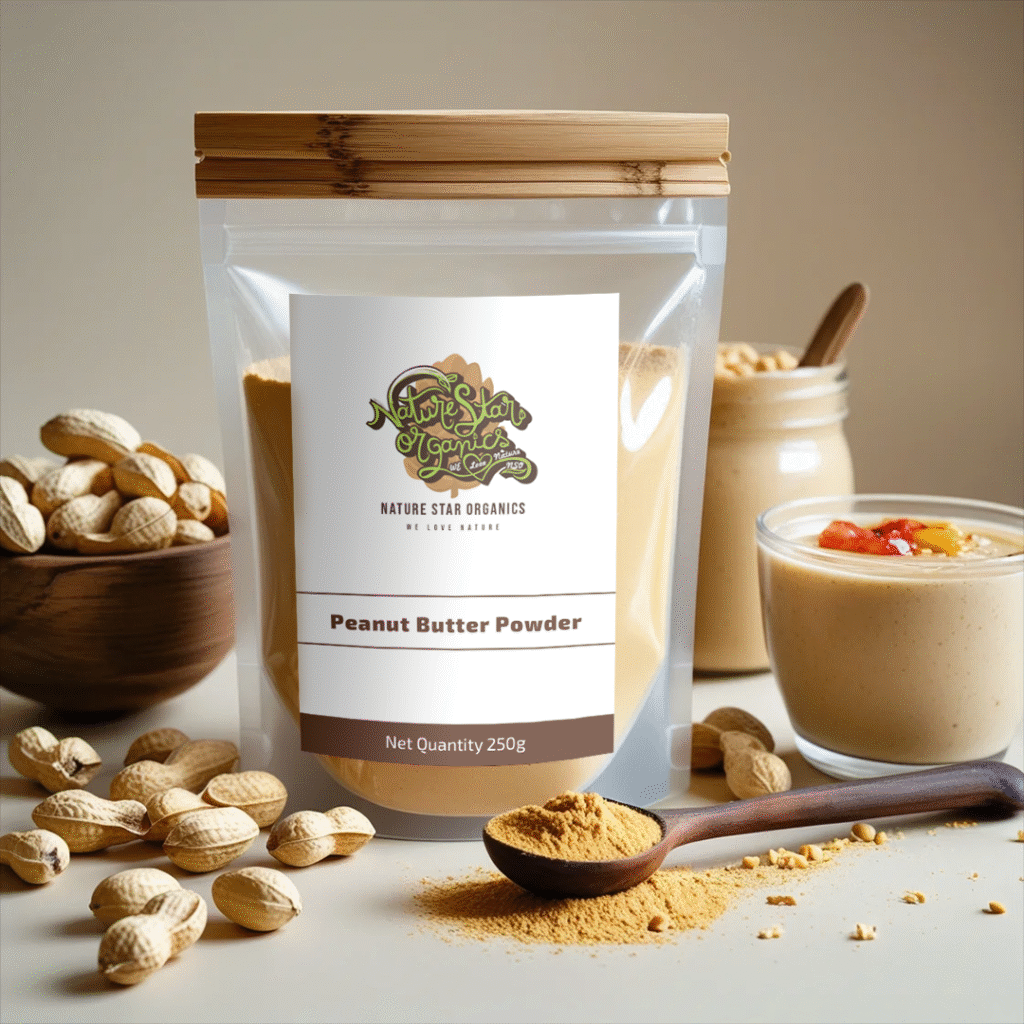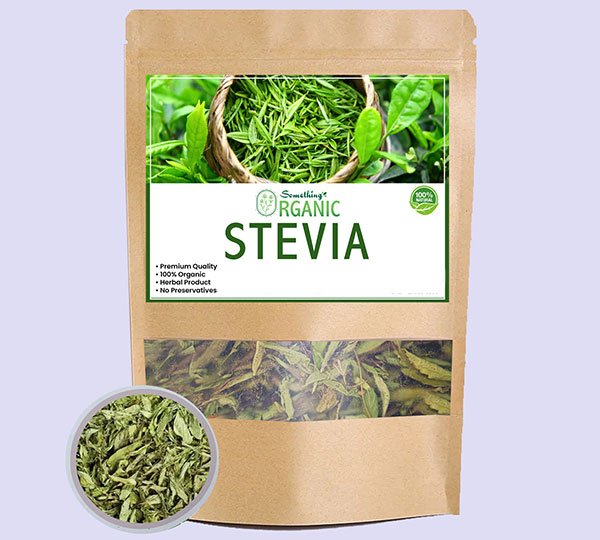The Organic Lifestyle Advantage
How Natural Eating Transforms Your Body
In today’s fast-paced world, the quest for optimal health and well-being has led many to reevaluate their dietary choices. Embracing an organic lifestyle has emerged as a transformative approach, emphasizing natural eating habits that not only nourish the body but also promote overall vitality. This comprehensive guide delves into the myriad ways adopting an organic lifestyle can revolutionize your health, offering insights into its benefits, practical implementation, and long-term impact.
Understanding the Organic Lifestyle
An organic lifestyle transcends mere dietary preferences; it’s a holistic approach to living that prioritizes natural, unprocessed foods cultivated without synthetic pesticides, fertilizers, or genetically modified organisms (GMOs). This lifestyle champions sustainability, environmental consciousness, and a deep connection to the food we consume.
The Essence of Organic Eating
These methods emphasize soil health, biodiversity, and ecological balance, resulting in produce and animal products free from harmful chemicals and additives. By choosing organic, individuals reduce their exposure to toxins and support farming practices that are kinder to the planet.

The Health Benefits of an Organic Lifestyle
Transitioning to an organic lifestyle offers a plethora of health advantages, many of which stem from the purity and nutritional richness of organic foods.
Enhanced Nutritional Profile
Organic foods often boast higher levels of essential nutrients, including vitamins, minerals, and antioxidants. Studies suggest that organic produce may contain more vitamin C, iron, magnesium, and phosphorus compared to conventionally grown counterparts. These nutrients play crucial roles in immune function, energy production, and overall cellular health.
Reduced Exposure to Harmful Chemicals
Conventional farming practices frequently involve the use of synthetic pesticides and fertilizers, residues of which can remain on produce. Chronic exposure to these chemicals has been linked to various health issues, including hormonal disruptions and increased cancer risk. Organic foods, cultivated without these substances, offer a cleaner alternative, minimizing potential health hazards.
Improved Digestive Health
Organic foods are less likely to contain artificial additives and preservatives, which can disrupt gut flora and impede digestion. By consuming natural, whole foods, individuals often experience better digestive function, reduced bloating, and enhanced nutrient absorption.
Strengthened Immune System
The absence of harmful chemicals and the presence of higher nutrient levels in organic foods contribute to a more robust immune system. A diet rich in organic fruits, vegetables, and whole grains provides the body with the tools it needs to fend off infections and illnesses effectively.
Environmental and Ethical Considerations
Adopting an organic lifestyle extends benefits beyond personal health, positively impacting the environment and promoting ethical practices.
Sustainable Farming Practices
Organic farming emphasizes crop rotation, composting, and natural pest control, reducing environmental pollution and conserving water resources. These methods enhance soil fertility and biodiversity, contributing to a healthier ecosystem.
Animal Welfare
Organic livestock farming adheres to stringent animal welfare standards, ensuring animals have access to outdoor spaces and are raised without antibiotics or growth hormones. This ethical approach not only benefits the animals but also results in healthier meat and dairy products for consumers.
Implementing the Organic Lifestyle
Transitioning to an organic lifestyle can be seamless with thoughtful planning and informed choices.
Begin by replacing staple items with organic alternatives. Opt for organic fruits, vegetables, dairy, and grains. Prioritize purchasing organic versions of produce known to have higher pesticide residues, often referred to as the “Dirty Dozen.”
Understanding food labels is crucial. Look for certifications such as USDA Organic, which indicate that the product meets established organic standards. Be wary of terms like “natural” or “all-natural,” as they may not guarantee the absence of synthetic additives.
Shopping at local farmers’ markets not only provides access to fresh, organic produce but also supports community agriculture. Engaging with local farmers allows consumers to learn about farming practices and build trust in the food source.
Meal planning ensures a consistent intake of organic foods and reduces reliance on processed options. Preparing meals at home allows for greater control over ingredients and cooking methods, aligning with the principles of an organic lifestyle.
Overcoming Challenges
While the benefits of an organic lifestyle are substantial, individuals may encounter certain challenges during the transition.
Budget Constraints
Organic products can be more expensive than conventional ones. To manage costs, prioritize purchasing organic versions of high-risk items and consider buying in bulk. Seasonal produce is often more affordable and equally nutritious.
Budget Constraints
Preparing organic meals may require more time and effort. Batch cooking, utilizing slow cookers, and preparing ingredients in advance can streamline the cooking process.
Accessibility
In some areas, access to organic products may be limited. Exploring online retailers, joining community-supported agriculture (CSA) programs, or starting a home garden can enhance availability.
Long-Term Impact of an Organic Lifestyle
Embracing an organic lifestyle yields long-term benefits that extend into various aspects of life.
Chronic Disease Prevention
A diet rich in organic foods is associated with a lower risk of chronic diseases such as heart disease, diabetes, and certain cancers. The high antioxidant content and absence of harmful chemicals contribute to these protective effects.
Enhanced Mental Well-being
Nutrition profoundly influences mental health. Consuming organic foods supports brain function and emotional stability, potentially reducing symptoms of anxiety and depression.
Longevity and Quality of Life
The cumulative effects of an organic lifestyle—improved nutrition, reduced toxin exposure, and enhanced well-being—contribute to increased longevity and a higher quality of life.
Conclusion
Adopting an organic lifestyle is a transformative journey that fosters holistic health, environmental stewardship, and ethical responsibility. By making conscious choices about the foods we consume and the products we use, we not only enhance our own well-being but also contribute to a more sustainable and compassionate world. Embrace the organic lifestyle today and experience the profound benefits it offers for your body, mind, and the planet.














